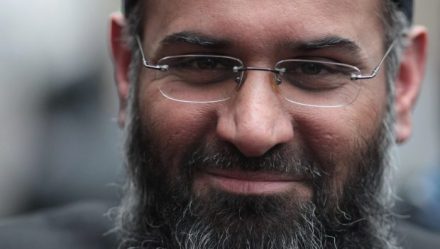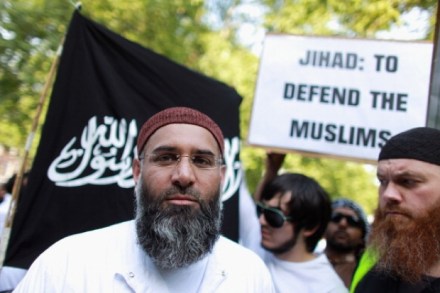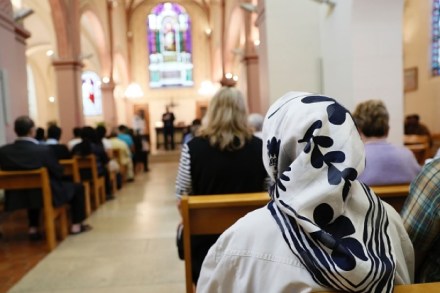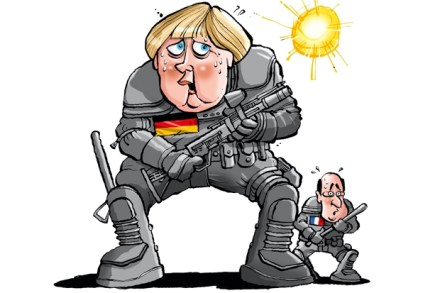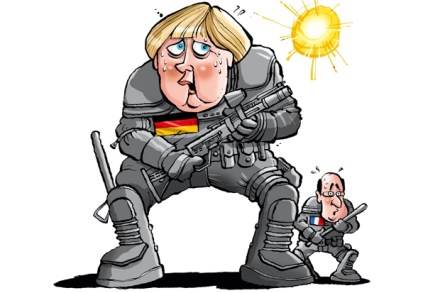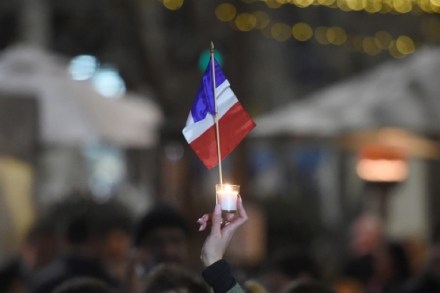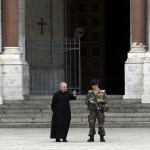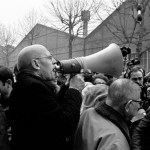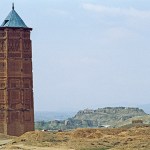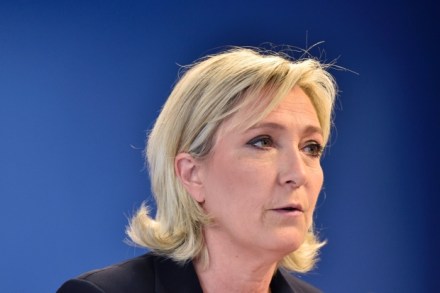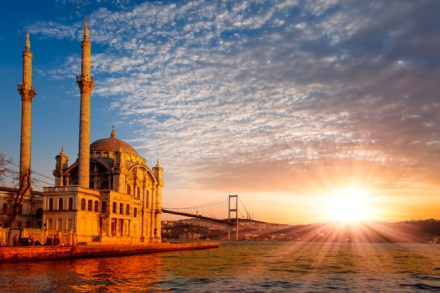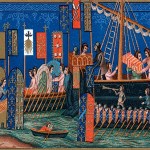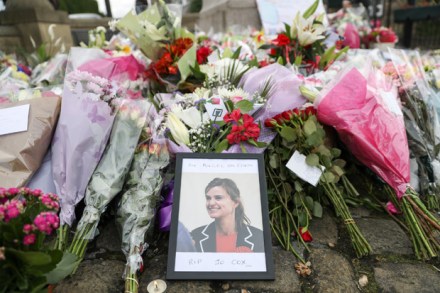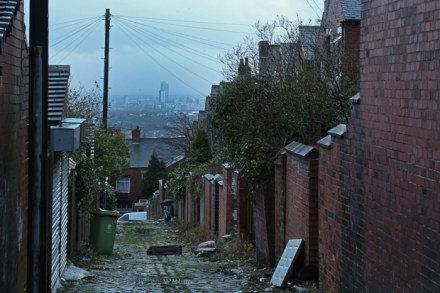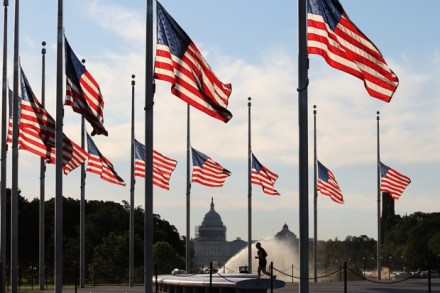Why did the BBC give a platform to Anjem Choudary?
Anjem Choudary’s arrogance eventually led to his downfall. He was convinced he could stay one step ahead of the authorities by picking his words carefully. Until now, that is. The hate preacher finally came unstuck when he encouraged others to join Islamic State. Yet whilst his extremist rants were always marked with an alarming confidence, his manner belied a somewhat different reality: Choudary was a man with few followers. His appearance in YouTube videos inevitably showed him with a tiny handful of half-witted acolytes alongside him. His ‘protests’ were of a kind likely to be greeted with indifference by passers-by. So why have we all heard of Choudary? Many media outlets have
